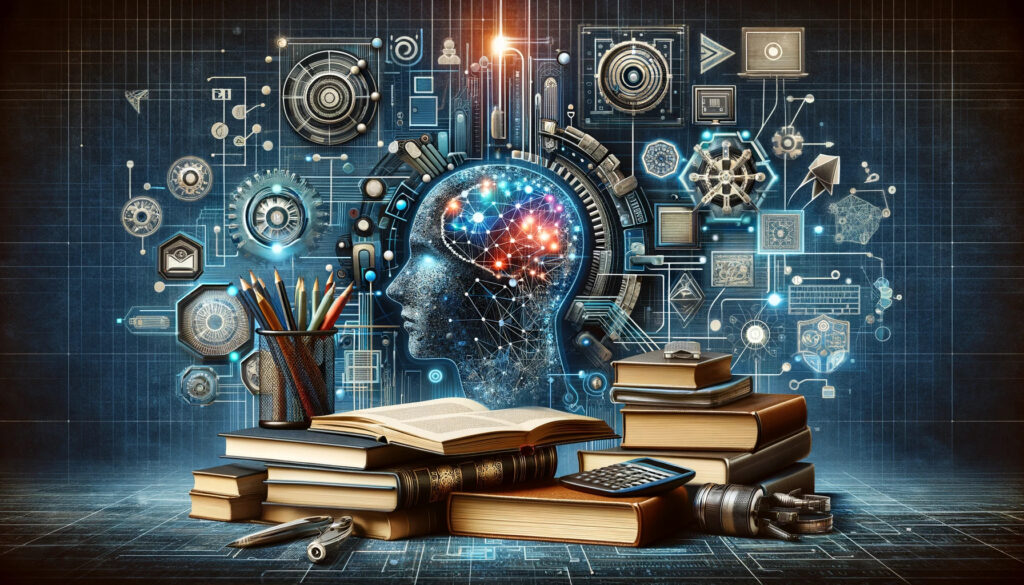Feature Photo by NEOM on Unsplash
This project explores the research question: ‘How can AI-based tools be integrated into K-12 education to enhance teaching and learning experiences.’ Through a literature review and an annotated bibliography, this study examines the impact of AI-based tools in K-12 education while investigating the steps to ensure these technologies’ meaningful, appropriate, and ethical implementation. The literature reveals opportunities for integrating AI-based tools in K-12 education to enhance student learning and decrease teacher workloads. The benefits of AI-based tools for teachers include planning, implementation, and assessment support, and for students, these include immediate feedback, personalized tutoring, and metacognitive development. Although the literature review demonstrates the benefits of integrating AI-based tools in K-12 education, there are challenges, concerns, and considerations that educators and AI developers need to address. These include the technical integrity, privacy and security, and ethical concerns of AI-based tools. Although these are valid considerations, depending on the program used, they can be addressed through teachers’ professional development, refined AI development processes, and future research opportunities. When these concerns are addressed, the research shows that AI-based tools can effectively integrate into K-12 education, enhancing student learning and decreasing teacher workloads.

